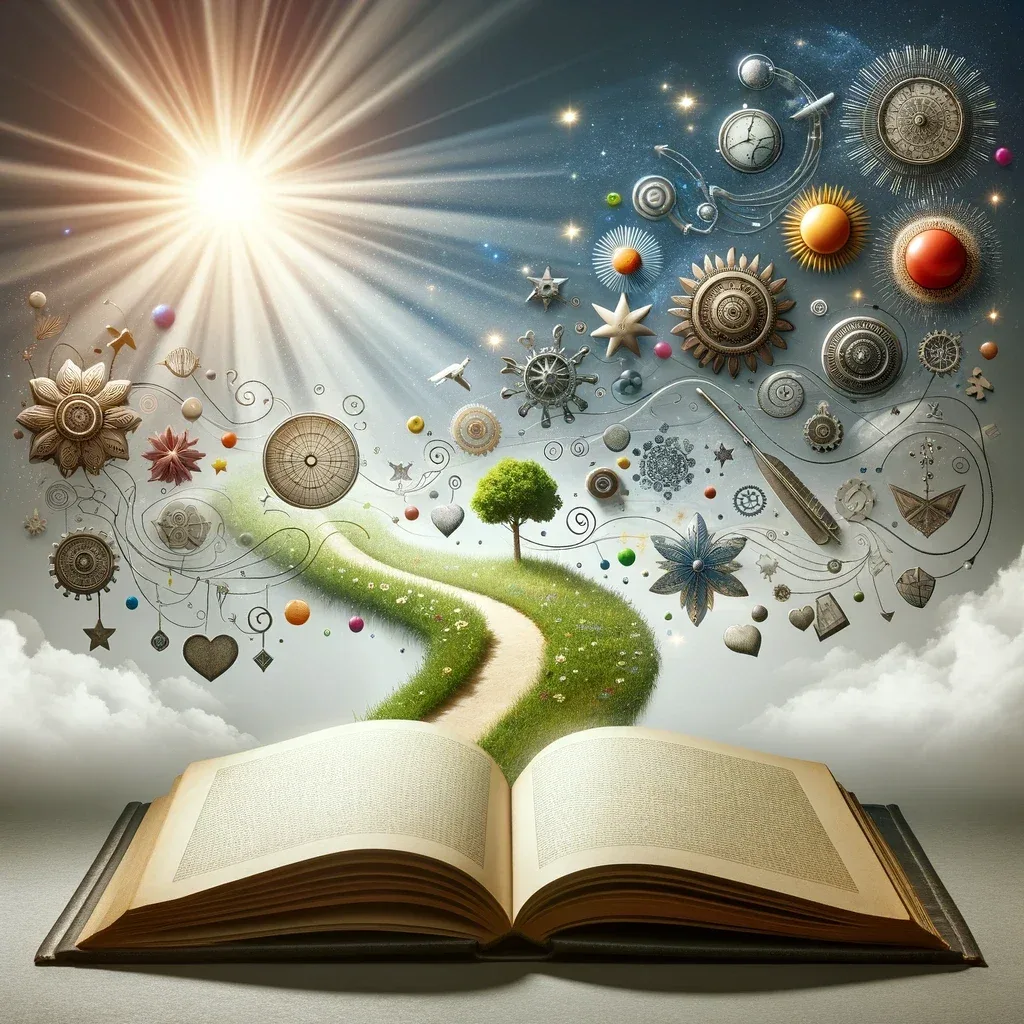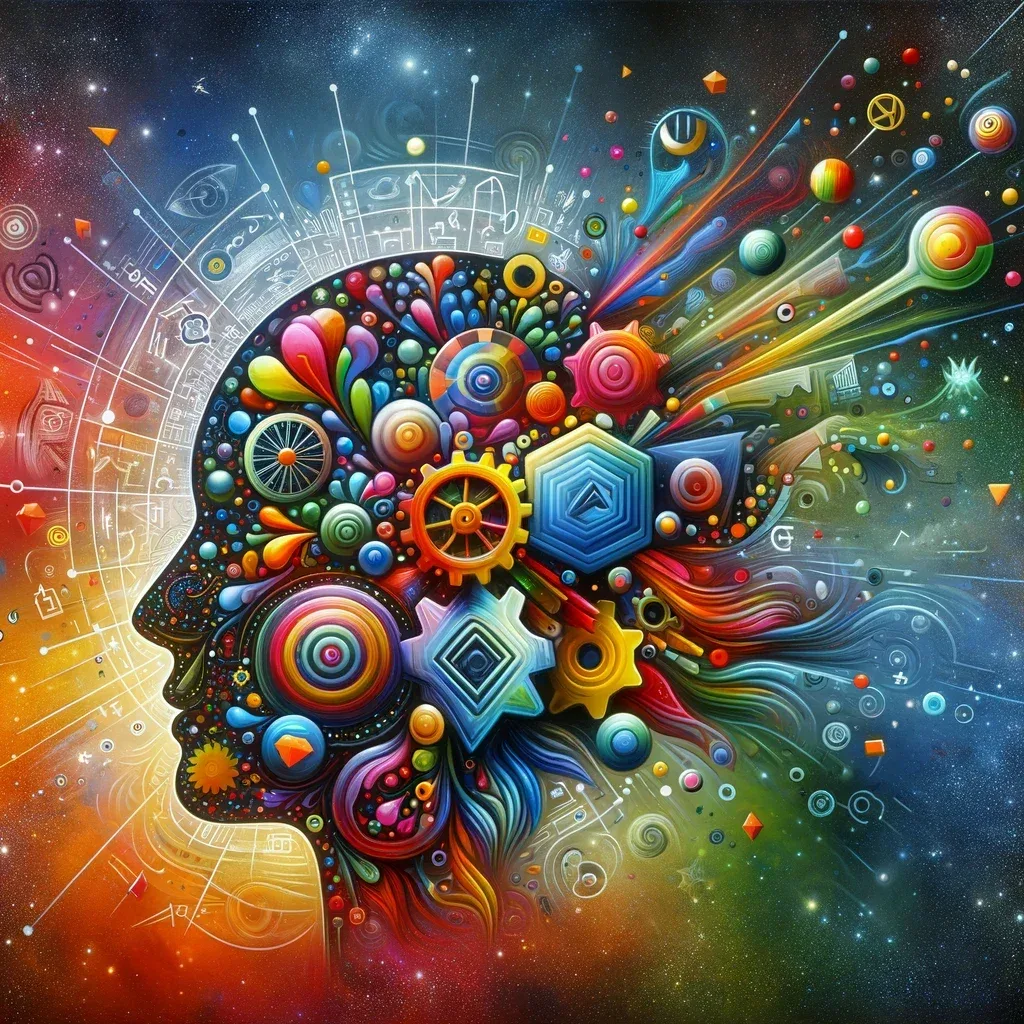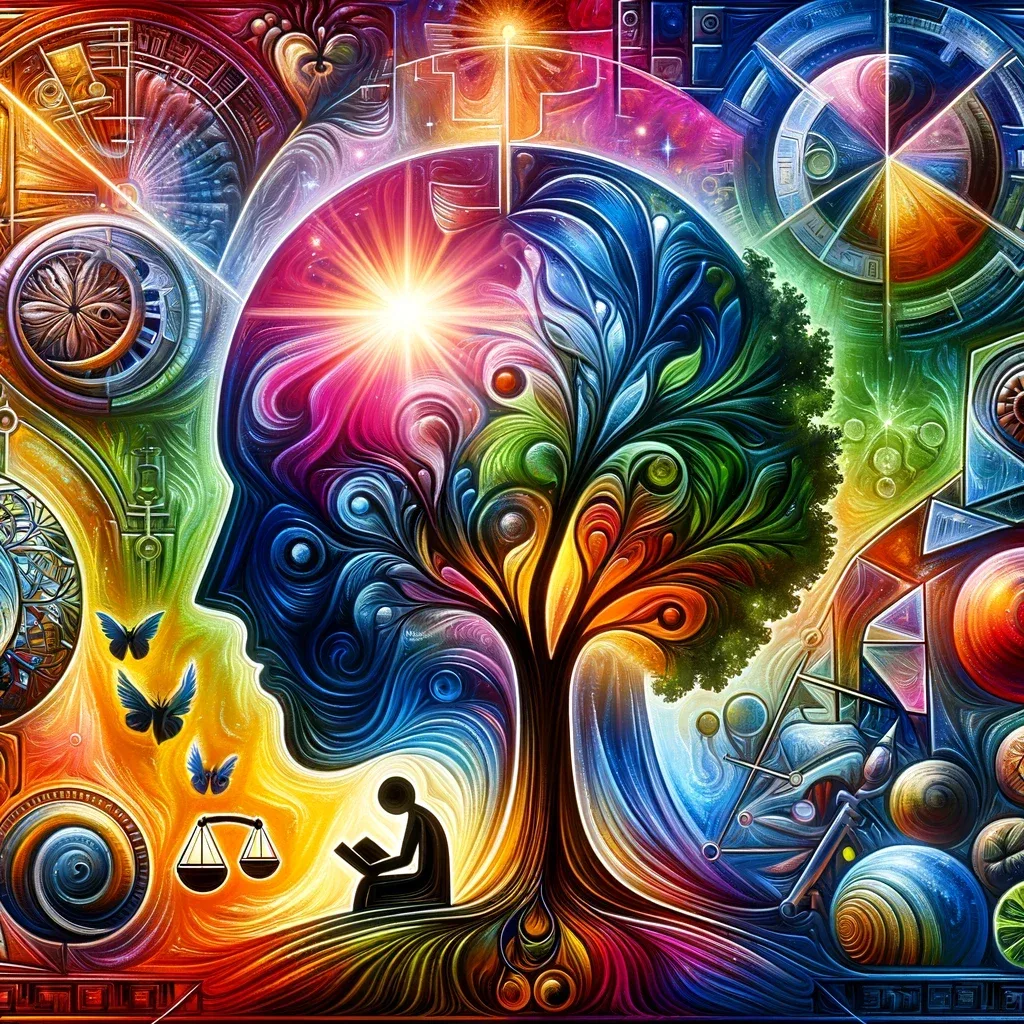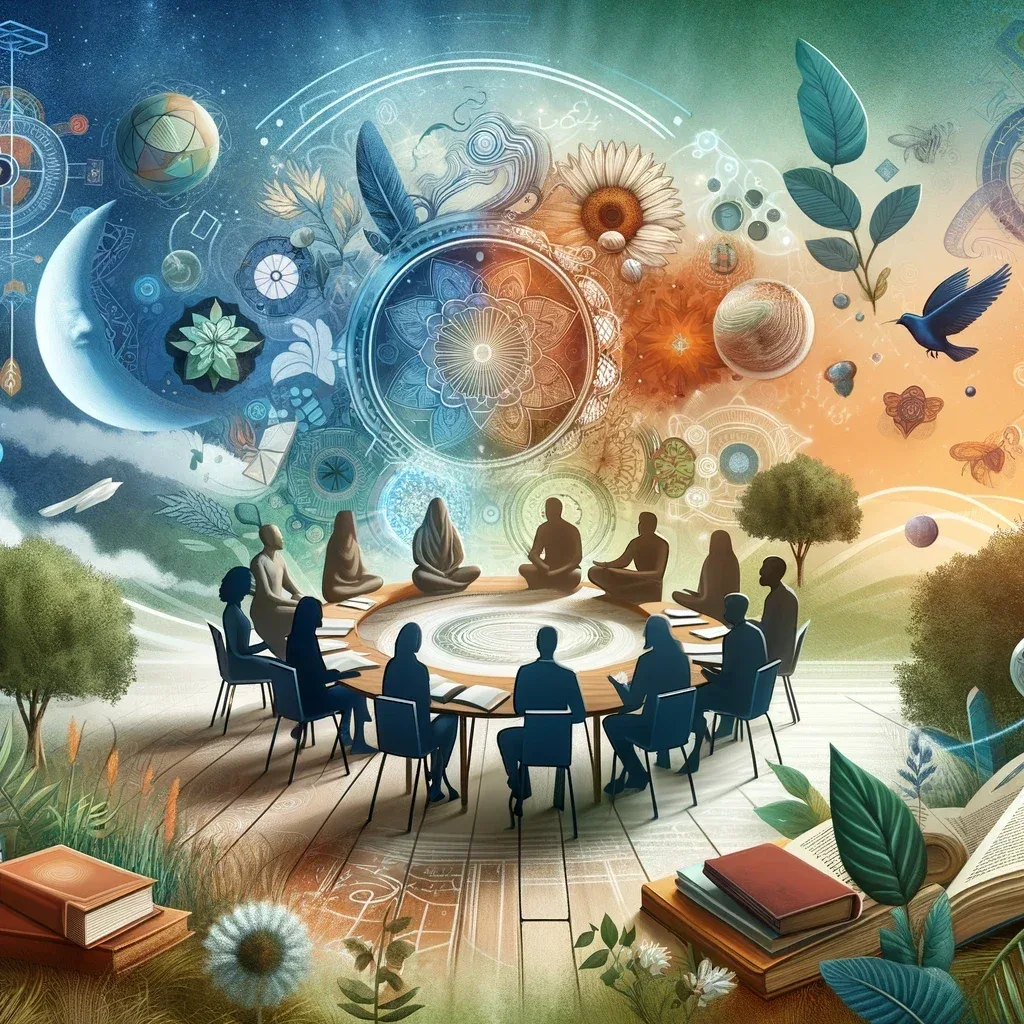The search for happiness is a journey as old as humanity itself. However, in the midst of a modern world of rapid change and constant challenges, many turn to philosophy and continuous learning as potential paths to finding true satisfaction and joy in life. This article explores how, from a philosophical perspective, learning can, in fact, be a path to achieving happiness.

The Philosophy of Learning

Learning as Personal Growth
Learning is fundamental to personal growth and development. Philosophers such as Socrates and Plato argued that knowledge is the key to understanding not only the world around us, but also ourselves. In Plato's famous allegory of the cave, the prisoner's journey from darkness to light symbolizes the process of enlightenment and self-knowledge that occurs through learning. This journey of personal discovery can lead to a greater sense of purpose and satisfaction.
Learning as a Reflection Tool
Learning is not just accumulating facts or skills, but also reflecting on them and how they relate to our lives. Philosophy teaches the art of thinking critically and questioning assumptions. This type of reflection can help clarify our values, beliefs and goals, better aligning our actions with what we consider important, a crucial aspect for feelings of happiness and fulfillment.
Learning and Connecting with Others
Learning often happens in a social context and can help us form deeper connections with others. By learning with and about other people, we expand our understanding and empathy, which can lead to more meaningful relationships. Happiness often derives from these human connections and shared understanding.
Lifelong Learning and Happiness

Continuous Learning as a Lifestyle
Taking a lifelong learning approach can be extremely rewarding. Always being open to new experiences and knowledge keeps the mind active and engaged, which can be a significant source of joy and satisfaction. The constant search for knowledge keeps us curious and open to new possibilities, essential characteristics for a happy and fulfilling life.
Overcoming Challenges through Learning
Facing and overcoming challenges is an inherent part of life, and learning can be a powerful tool for dealing with these situations. Learning new skills or gaining knowledge can give us the confidence and resources needed to face challenges, which in turn can lead to a greater sense of fulfillment and happiness.
Learning and Mental Health
Studies have shown that continuous learning can have a positive impact on mental health. It can help prevent depression, reduce stress and increase self-esteem. Additionally, the learning process can be a form of therapy, helping people find meaning and purpose in their lives.
Strategies for Incorporating Learning into the Pursuit of Happiness

Setting Learning Goals
Setting clear learning goals can help you stay focused and motivated. These goals can be related to hobbies, professional development or personal growth. Achieving these goals can bring a sense of achievement and happiness.
Collaborative Learning
Participating in study groups or learning communities can enrich the learning experience. Sharing ideas and learning from others not only improves understanding, but also helps
helps you build meaningful relationships.
Learning through Experience
Learning is not limited to the classroom or books. Hands-on experience, travel, and exposure to different cultures and ideas are also valuable forms of learning that can increase happiness and understanding of the world.
Conclusion: Learning as a Path to Happiness
Learning, when approached from a philosophical perspective, offers more than just knowledge; offers a path to self-knowledge, personal growth and connection with others. By incorporating learning into our lives as an ongoing and meaningful process, we can find a lasting source of happiness and satisfaction. The key is to understand learning not just as a goal to be achieved, but as an ongoing journey of discovery and personal enrichment.

FAQ: Learning and Happiness – A Philosophical Perspective
This FAQ seeks to answer the most common questions about the relationship between learning and happiness, exploring how philosophy can illuminate this connection.






